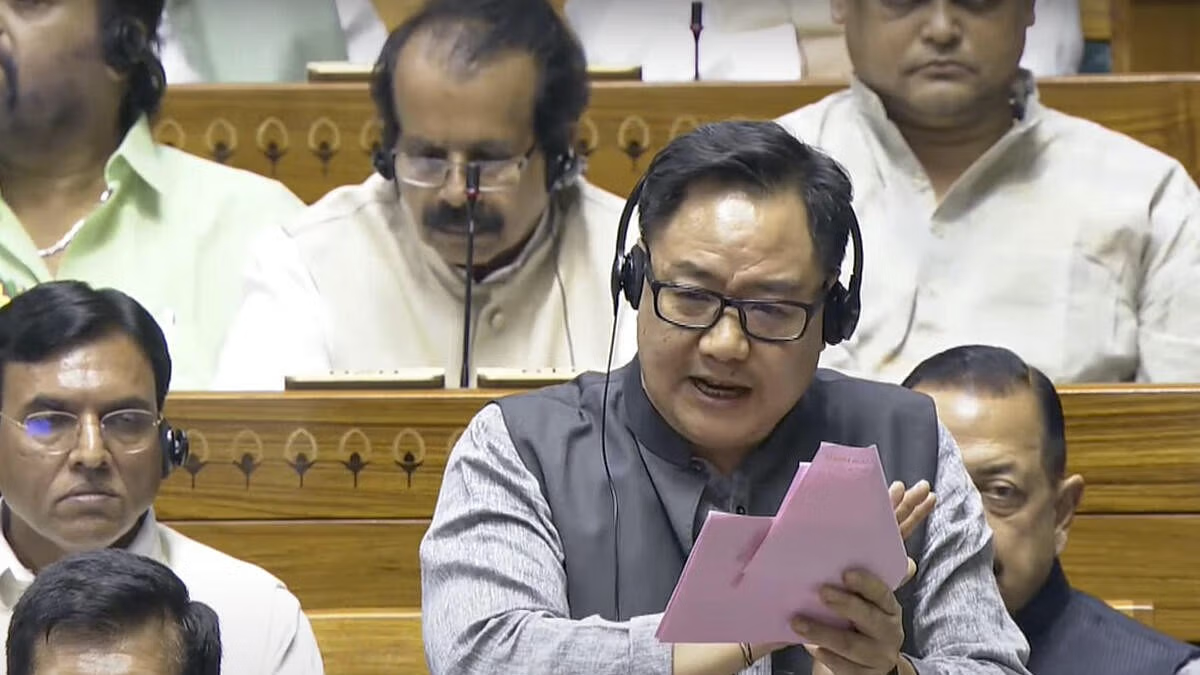The Waqf (Amendment) Bill, 2025, has sparked significant controversy in Jammu and Kashmir, with political parties and community leaders strongly opposing it. The bill, introduced in the Lok Sabha by Union Minority Affairs Minister Kiren Rijiju, aims to reform the management of Waqf properties by introducing technology-driven oversight and addressing existing complexities. However, critics argue that the bill represents an unconstitutional interference in religious matters and an attempt to disempower the Muslim community.
Key political figures in Jammu and Kashmir have voiced their concerns. Mehbooba Mufti, the president of the People’s Democratic Party (PDP), described the bill as a deliberate move to marginalize Muslims. She urged secular forces to intervene, warning of potential chaos if the bill proceeds. Mufti also drew parallels to the plight of Kashmiri Pandits, emphasizing the need for collective action to prevent further injustices.
Sajad Gani Lone, chairman of the People’s Conference, criticized the bill as a blatant intrusion into Muslim faith and an attempt to strip rightful custodians of their authority over Waqf properties. Similarly, Omar Abdullah, vice-president of the National Conference, condemned the bill for targeting a specific religion, highlighting the importance of Waqf as a charitable institution for the Muslim community.
On the other hand, BJP leader Darakhshan Andrabi supported the amendments, questioning the effectiveness of Waqf management in addressing poverty among Muslims. Andrabi argued that the reforms could ensure better utilization of Waqf resources for the welfare of the community.
The bill has also faced criticism from national organizations like the All India Muslim Personal Law Board, which plans to challenge it in court. The opposition parties in Parliament have united to oppose the bill, labeling it as an attack on religious freedom and community rights.
The debate over the Waqf (Amendment) Bill underscores the broader tensions surrounding governance, religious autonomy, and minority rights in India. The outcome of this legislative battle will likely have far-reaching implications for the management of Waqf properties and the relationship between the government and religious communities.



